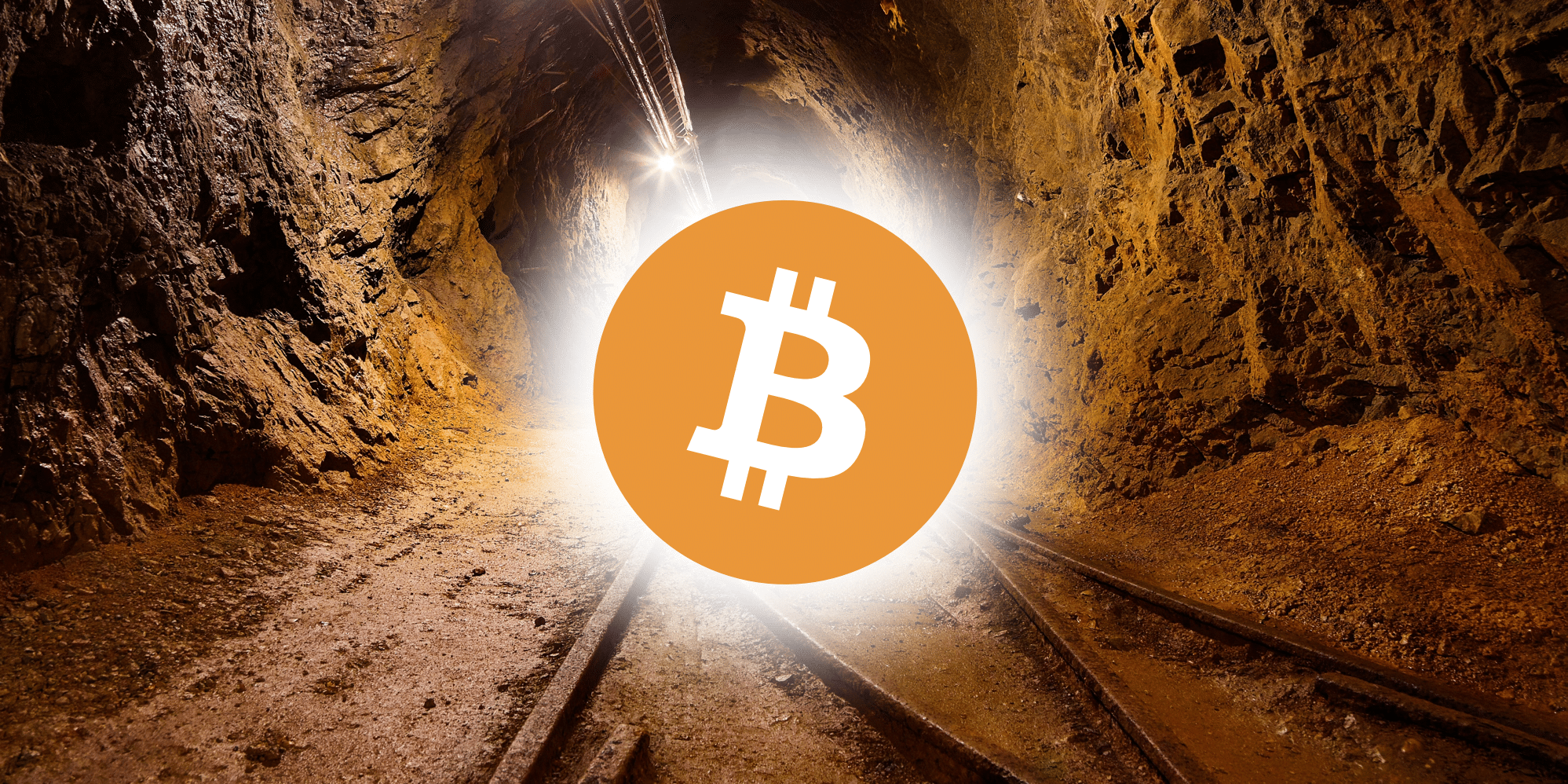Blockchain technology is already starting to have a major impact on the business world, creating entirely new industries. Bitcoin mining is quite possibly the most interesting and profitable of these new opportunities. Whether you’re an entrepreneur on a budget or have a large supply of capital to spend on a mining operation, here are some important things to consider before starting a mining operation and how you can benefit from a successful mining operation.
Things to Consider Before Starting
Legal Risks
One of the first steps to consider is whether or not bitcoin mining is legal where you live. In some countries, bitcoin mining operations have been shut down entirely. Before you formulate a strategy, you should get a better understanding of some of the legal risks and the regulatory outlooks of starting a mining operation in your country.
Hardware Investment
Another important factor to consider is the barrier to entry for mining. Keep in mind that choosing between CPUs, GPUs, or ASICs isn’t only based on how much money you have to spend but is often dictated by what types of mining are allowed by the projects themselves. For instance, BTC allows for ASIC hardware, but BCG does not. More cryptocurrencies are beginning to utilize ASIC-resistant algorithms. These new hashing algorithms take away the advantages of ASICs and make GPUs a more economical choice. This can be a good thing for entry-level miners who don’t want to invest $1,000 USD to buy mining equipment. However, it also makes it more difficult for entrepreneurs with a lot of money to be able to mine at scale.
[thrive_leads id=’5219′]
Picking the Best Mineable Cryptos
Consensus Algorithm Trends
One of the biggest things to consider is what consensus algorithm of the cryptocurrency you are interested in mining plans to use in the future. Of course, if a project is currently using Proof-of-Stake, its cryptocurrency is non-mineable. Also, more Proof-of-Work projects are moving towards PoS or hybrid consensus algorithms. It’s important to make sure that you are aware of these changes. Just because a given crypto is currently mineable doesn’t mean that it will remain that way forever.
Value vs. Risk
An important question to ask when choosing to invest in any business is how the efforts and capital invested today will lead to long-term benefits in the future? For example, it might not necessarily be a good idea to mine a cryptocurrency you think might be overvalued. However, this could still be a better option than mining a cryptocurrency that’s undervalued. This is because sometimes other factors like increasing difficulty and decreasing block reward could mean that costs (i.e. buying hardware and paying energy bills) spent mining some cryptocurrencies can actually lead to a net operating loss.
Monetary Supply
Supply of a given currency might be the most important determining factor when looking at which cryptocurrency to mine. Whether new cryptocurrency projects should have a large or small token supply is a hotly debated topic. Nevertheless, one statistic that some newer miners might forget to examine closely is circulating supply vs. maximum supply.
Some major projects like Ethereum and Monero don’t have a maximum supply. As a result, even successful mining operations might not necessarily reach the expected value of miners due to increasing availability. On the other hand, some cryptos that have a maximum supply that might not be able to match normal inflation demand. In both extreme scenarios, mining such cryptocurrencies as part of a long-term portfolio building strategy could be risky.
Benefits
HODL or Trade
One of the biggest benefits of mining crypto over buying it is the fact that a miner can, for lack of a better term, create money that didn’t exist before. This makes deciding what to do with mined coins somewhat less of an emotional decision than deciding what to do with bought coins. However, because prices have historically been very volatile, bitcoin mining can often be a double-edged sword. In some instances, it might be a good idea to trade a mined cryptocurrency for another cryptocurrency or for fiat currency. In other instances, it might be best to HODL a mined cryptocurrency and wait to see if it gains value over time.
It’s possible to do some technical analysis and read up on the expected short-term vs. long-term gains of a given token. But there are many unforeseeable market factors that go into determining price value. In most cases, making the best decision (HODL or trade) isn’t all that obvious. It can require a bit of subjectivity on the part of the miner.
More Scalable Than Buying
Another benefit of mining over buying cryptocurrency is ongoing costs. Mining requires more costs upfront (buying mining equipment) and less costs later on (high exchange fees). If done correctly, mining can be a much cheaper, scalable solution than buying crypto. Miners also say that mining is an overall lower risk than buying. This is because buying a cryptocurrency which eventually loses its value means that an investor loses money. In contrast, even if a mined cryptocurrency turns out to have zero value in the long-run, at least there will still be value in the mining hardware equipment. In the worst-case scenario, it’s possible to sell or re-purpose mining equipment. So, miners still have something of value.
Conclusion
Bitcoin mining can be a good way for entrepreneurs interested in cryptocurrency to earn profits. There are a few hurdles and important factors to consider when choosing the best cryptos to mine. However, if done correctly, it’s possible to create a successful cryptocurrency mining business.
Never Miss Another Opportunity! Get hand selected news & info from our Crypto Experts so you can make educated, informed decisions that directly affect your crypto profits. Subscribe to CoinCentral free newsletter now.










